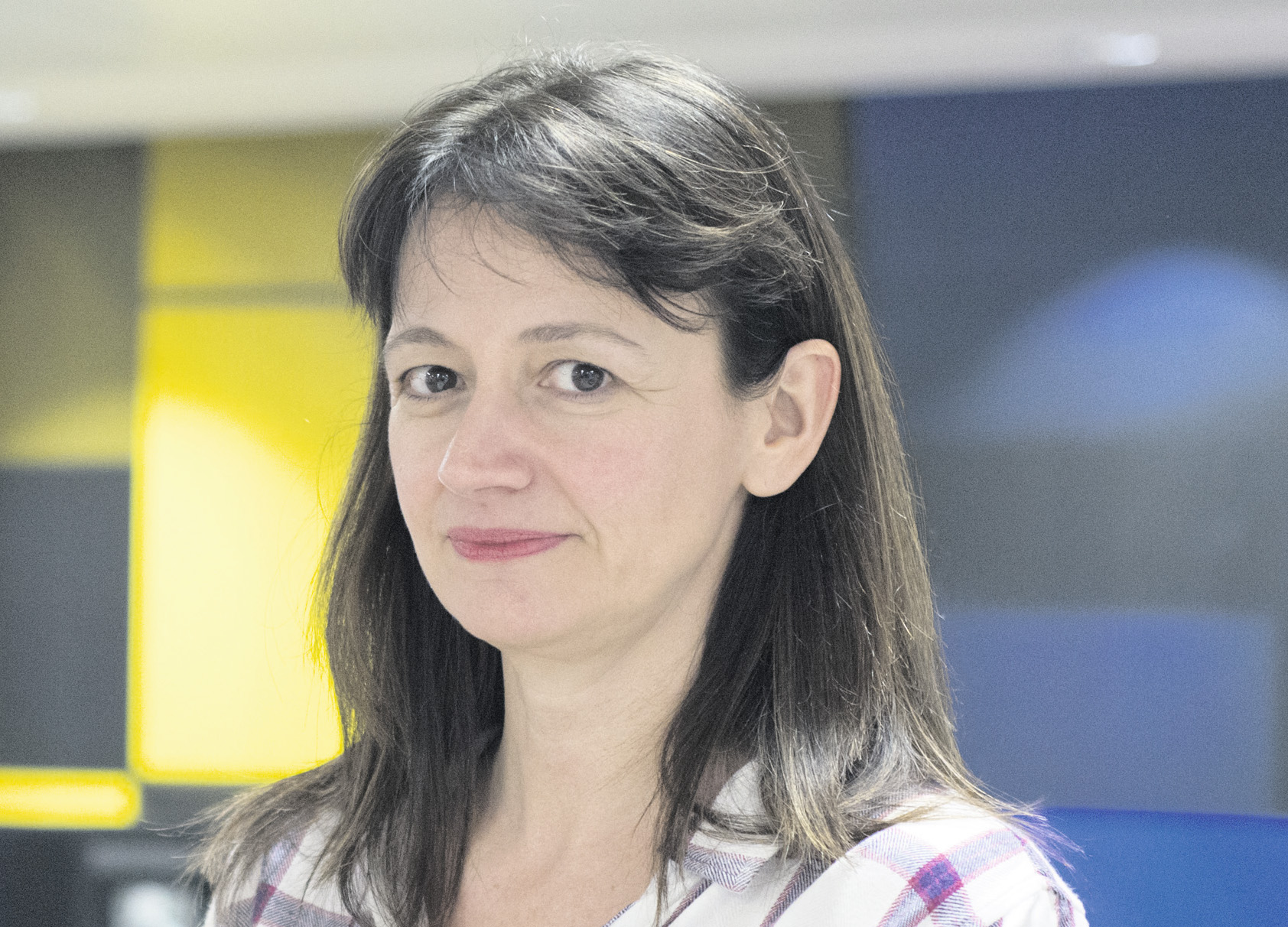Shooting for the stars: The7stars co-founder Jenny Biggam on Iceland and independence

There is a consensus among marketers that “content is king”. In traditional media, however, the division between programming and advertising has always been quite clear.
But on Saturday evening, Suzuki began a £20m two-year deal to sponsor Ant and Dec’s Saturday Night Takeaway, using skits in the style of the show to promote the car manufacturer during ad breaks. ITV’s access to the talent and intellectual property licensing means that the pair will also feature in additional branded video content online and in Suzuki’s showrooms.
Independent media agency the7stars is behind this innovative, integrated campaign. “We’ve been working on it for the last six months, and we’re really excited,” says co-founder Jenny Biggam. Following a successful year in which the agency scooped a number of awards, she tells City A.M. why independence is an asset.
How do you differ from large agency groups?
I started my career working in big agencies. Their model is very effective for big advertisers like Procter & Gamble or Unilever, which are organised and prefer a formulaic approach. There are some good large media agencies out there, but they tend to have similar business models to each other, and employ the same technologies and ways of buying media.
Other advertisers require more flexibility from the media they buy, and we try to offer them an alternative. We work with a number of entertainment companies, record labels like Virgin EMI and Warner Music Group, travel and retail advertisers, who need to plan based on short-term sales and site traffic data. They can’t afford to be tied into long-term trading deals with media owners.
So how do your partnerships work?
Instead of locking in our total media spend with individual media owners (by doing a two or three year deal with ITV, for example), we negotiate a separate deal for every single advertiser. So if one client wants to broadcast during very specific programmes, or book and cancel air-time at very short notice, we can accommodate that.
Why does the industry need greater transparency?
Much has been written about the ongoing investigations in the US into media agency groups getting kick-backs from media owners, as well as fees from advertisers. It is very important that clients know that they’re getting impartial advice when it comes to their media strategy, with recommendations based on analysis of what will work best for them.
How have your operations changed since you started the agency in 2005?
Data has really changed the way we plan, and who we recruit. We couldn’t have imagined that when we started out. Media has become much more complex, and advertisers don’t want to have too large a supply base to manage. Rather than become more specialist, we’ve broadened our offering to help clients with digital, social media and data.
Media agencies are also venturing into content creation because it’s becoming an increasingly important part of media strategy, and for digital in particular. Sometimes, when we’re making media recommendations and trying to drive traffic to the client’s site, additional content is needed on top of buying a TV campaign, for example, to encourage consumers to click through. So we set up 8th Wonder, a joint venture content agency a few years ago. As media is segmenting, and technology is changing the way people view television, the need for advertisers to have this additional content is exploding.
What was your highlight of 2015?
There were a few things. We did a big content partnership around Britain’s Got Talent as part of a big positioning piece with frozen food chain Iceland.
We wanted to get people to rethink the concept of frozen food, and raise Iceland’s profile. It required a complete change in media choices away from its sponsorship of I’m A Celebrity, to a campaign that was all about food. So the media channels changed to include food photography on big outdoor sites as well as television and press.